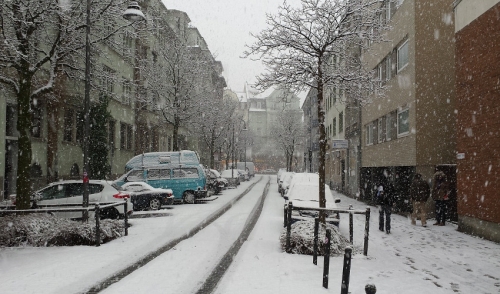
Shop Local For All Your Ice Melt Products
The winter season is upon us and it’s time to shop local for all of your ice melt needs. Ever wonder what is really in the white stuff you see on the ground every time there is snow or ice present? For starters, there are two major deicing products to focus on, rock salt and ice melts or packaged blends. Both are made of similar elements and used to achieve the same result, however their chemical composition is different.
When shopping around for your ice melt products, have a general understanding of these differences to make the best decision for your needs. Rock salt or Halite is the mineral form of sodium chloride. Rock salt works to lower the freezing point of water melting the ice and providing instant traction where snow and ice are present. Ice Melts are typically made up of a blend of sodium chloride and magnesium or calcium chloride. You can also use calcium chloride on its own as its effective in melting ice and lasting long. If you are worrisome of pets, use a pet-friendly ice melt blend. These contain pellets of magnesium chloride that are gentler on pet paws than straight rock salt. It’s also safer on the vegetation and concrete around your home. As you browse your options consider the side effects of the deicing product you are using. Rock salt may be the most cost-effective option to consumers, but the strength of salt is toxic to vegetation and will leave a white residue where used. Rock salt is also the least effective in melting ice in a timely fashion and requires frequent applications. Calcium chloride and other ice melt blends require less maintenance and are safer for the environment around your home or business, but can be 25% more expensive. The pet-friendly variation is among priciest. Ask around your community for extra tips on what works best. There’s a deicing product out there for everyone and plenty of options to choose from. Many local hardware stores will even have their own household brand that they have tested and is now for sale on the market. Don’t hesitate to try different options to determine which product will give you the most bang for your buck. If you live in a colder climate, there are going to be plenty of opportunities to discover what works.
With over 300 deicing products on the market today, it can be a challenge to make a decision on what to buy. My advice is to consider the component of the products, question how it will affect the concrete and vegetation, and gauge how fast the product performs. Talk to a locally trained professional to address any concerns around corrosion and effectiveness of the rock salt or ice melt. Once you find what works, stick to it and share your experience with your neighbor.
